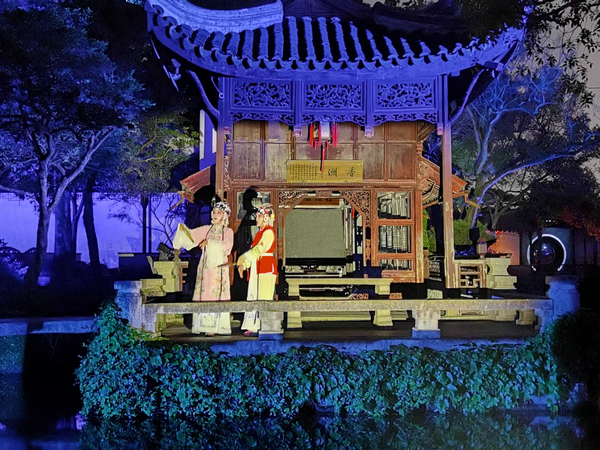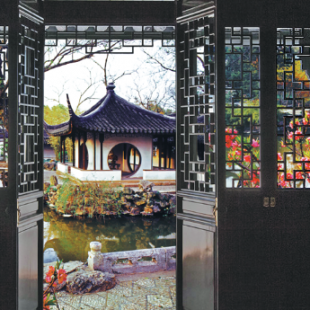Where heritage takes root


"If it were not for the emperors' love for Suzhou gardens and their desire to 'transplant' them northward, would there be those grand royal gardens like Chengde Mountain Resort?" He asks.
Regardless of whether those classical gardens in Suzhou were once owned by high officials or nobles, literati or artists, as well as business tycoons, their days as residences have long gone. Nonetheless, these "pearls scattered on a piece of jadeite", as the city's gardens are described by He, have lasting legacies, guiding people how to live.
"With the basic colors of white and black, they set an elegant tone for the following development of Suzhou," she says. "So we rarely see tawdry design in the modern urban construction of this city. The aesthetics of the gardens also inspire us to think about how to create a poetic living environment at home."
For Bai, from the garden administration, the 108 gardens form a cultural network and create a continuous path through time and space that paves the ethos of this city. She says further display of their values can contribute to transforming the whole city into a "park", delivering benefits far beyond tourism.



































